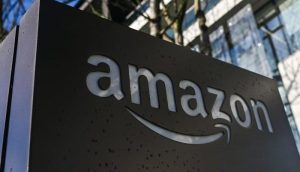Facebook took in $12.8 billion in advertising revenue in Q4 2017, a 48% lift over the same period last year. But while the dollar figures in its most recent financial report are strong, not every metric is trending upward.
Advertising makes up the bulk of Facebook’s overall revenue, which was just shy of $13 billion for the quarter (up 47%). Net income was $7.4 billion, putting the social media company at a 57% profit margin.
Mobile’s role in Facebook’s financial well-being is also now more important than ever. In Q4 2016, mobile accounted for 84% of ad revenue. The most recent results show that it now represents 89% of advertising revenue, or $11.4 billion.
Daily and monthly active users both increased by 14% year-over-year — currently, an average of 1.4 billion people use the platform daily, while 2.13 billion use it monthly.
However, for the first time in its history, the company saw a decline in daily active users in Canada and the U.S. In Q3 2017, it reported 185 million DAUs. In yesterday’s results, that number fell to 184 million.
Another key statistic also showed a drop: time spent on Facebook.
In a statement preceding the Q4 conference call, founder and CEO Mark Zuckerberg detailed changes in the platform’s news feed algorithms. While the majority of the high-profile changes — de-prioritizing publishers and brands on the news feed — were implemented in Q1, some key changes began in in the previous fiscal year. One such update was video recommendations, focusing more on videos that “encourage meaningful social interactions” and less on viral videos.
Zuckerberg said the changes resulted in a total of 50 million fewer hours spent per day on Facebook, or a 5% reduction. Users went from using Facebook an average of one hour and 24 minutes per day to one hour and 19 minutes per day.
He added that with the new changes to de-prioritize brands and publishers, the company does expect to see even fewer hours spent on Facebook.
“News and video will always be an important part of Facebook,” he said. “But… helping people connect is more important than maximizing the time they spend on Facebook.”
























